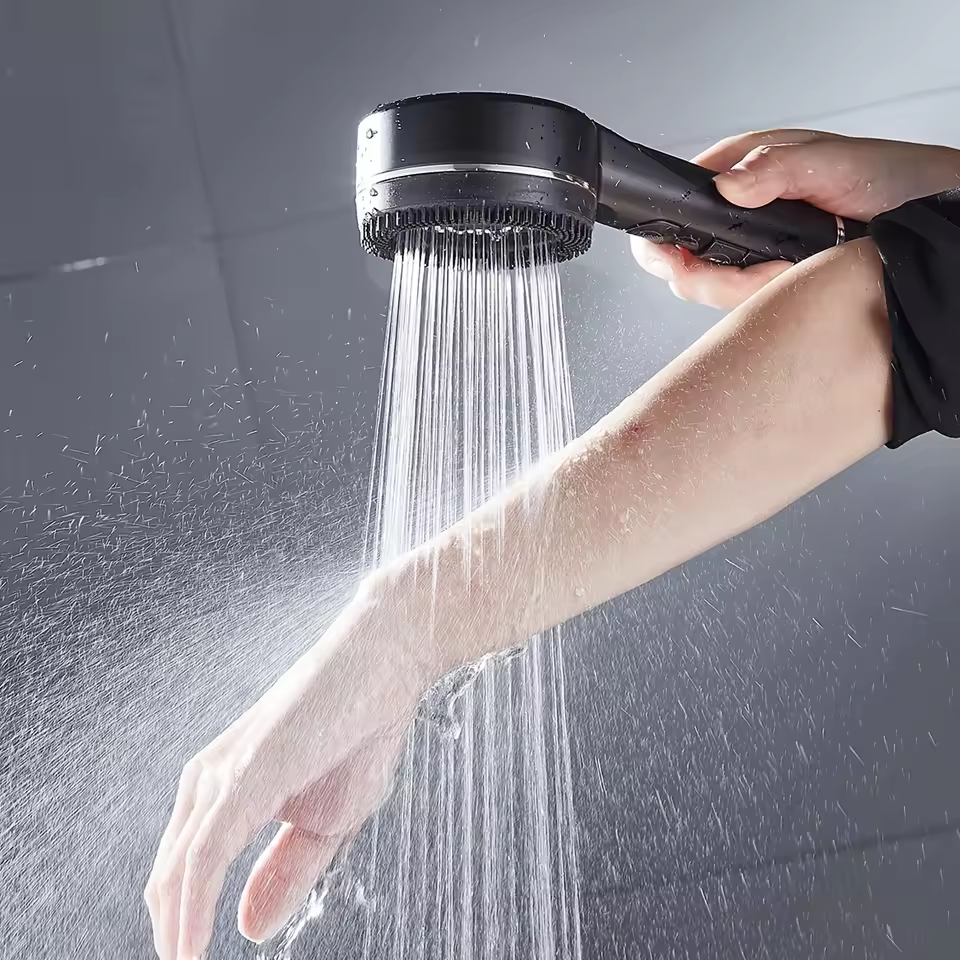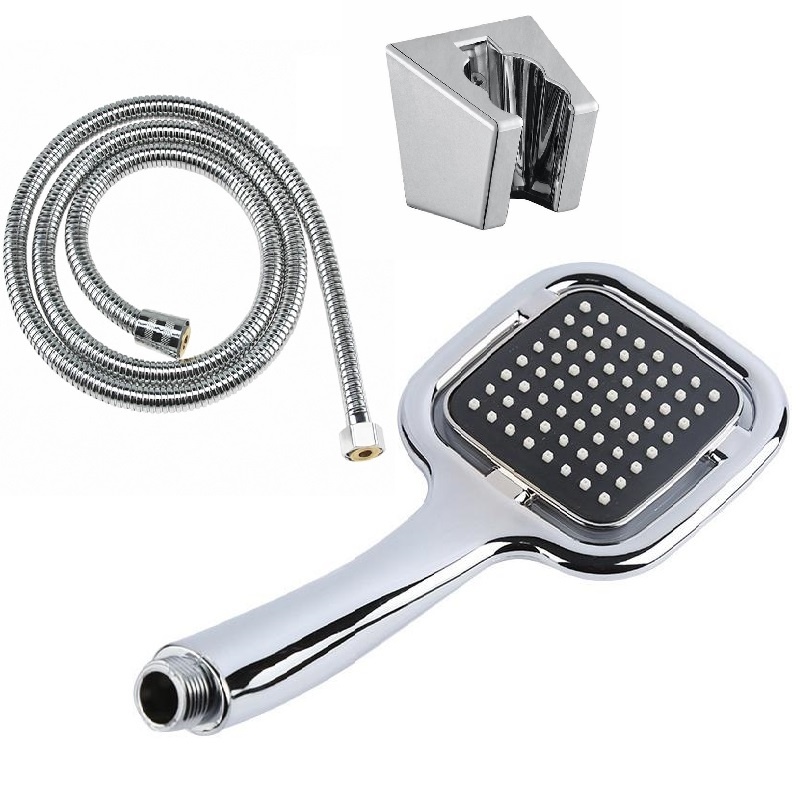Introduction
Why do you have to shower twice before surgery? Preparing for surgery involves several critical steps. One essential part of this preparation is showering, often recommended to be done twice before the procedure. This practice may seem straightforward, but it serves significant purposes that can impact both the surgery’s success and the patient’s recovery.

Understanding the Purpose of Preoperative Showering
The Role of Hygiene in Surgical Outcomes
Hygiene is crucial in preventing infections. Before surgery, the skin may harbor bacteria, which can lead to complications if they enter the body during the procedure. Showering helps reduce the number of microorganisms on the skin’s surface. The goal is to create a cleaner environment that minimizes the risk of surgical site infections.
When you shower, you remove dirt, oils, and dead skin cells. This cleaning process helps decrease the overall bacterial load. The first shower prepares your skin, but the second shower enhances cleanliness even further. This double-cleaning approach can significantly lower infection rates.
Importance of Antimicrobial Soap
Many hospitals recommend using antimicrobial soap for these preoperative showers. Antimicrobial soap contains active ingredients that kill bacteria more effectively than regular soap. This soap not only cleans the skin but also provides an extra layer of protection against infections. Using this type of soap during both showers maximizes its benefits.
During the first shower, using antimicrobial soap helps eliminate a significant number of bacteria. The second shower allows the soap to penetrate and act on the skin longer, ensuring that more bacteria are removed. This two-step process is vital in preparing your body for surgery.
The Surgical Environment and Infection Control
Operating Room Standards
Surgical teams work hard to maintain a sterile environment. Operating rooms undergo extensive cleaning and disinfection. Surgeons and nurses wear sterile gowns, gloves, and masks. However, despite these precautions, some bacteria can still be introduced from the patient’s skin. This is why preoperative showering is so crucial.
Even with stringent cleaning protocols, any bacteria that remain on the skin can pose a risk. This is particularly true in invasive surgeries where incisions are made. By showering twice, patients help ensure that the surgical team operates on the cleanest possible skin.
Reducing Postoperative Complications
Infections can lead to various complications after surgery. They can result in prolonged hospital stays, additional treatments, and, in severe cases, life-threatening conditions. By taking the simple step of showering twice, patients can significantly reduce these risks.
Infection rates drop dramatically when proper hygiene practices are followed. This reduction not only aids recovery but also decreases healthcare costs associated with complications. Therefore, showering is not just a personal hygiene issue; it is a matter of public health and safety.
Preparing Mentally and Physically
A Routine for Calmness
Showering before surgery can also serve a psychological purpose. It allows patients to take control of their preparation. Engaging in a familiar routine can help reduce anxiety. By focusing on personal care, patients can create a sense of normalcy in what may be an otherwise stressful time.
Many patients experience anxiety before surgery. The act of showering can be a calming ritual. Taking time to care for oneself can provide reassurance. This mental preparation is as important as the physical aspects of surgery.
The Symbolic Nature of Showering
Showering can symbolize a fresh start. For many, it represents a transition into a new phase of health. By cleaning the body, patients may feel they are also cleansing their minds. This mindset can contribute positively to their overall experience.
Practical Steps for Effective Showering
Recommended Showering Techniques
To maximize the effectiveness of the preoperative showers, certain techniques should be followed. First, it is essential to use warm water, as it opens up the pores and helps the soap work better. Lather the antimicrobial soap thoroughly, focusing on areas where bacteria tend to accumulate, such as underarms, groin, and feet.
During the second shower, it is crucial to follow the same lathering technique. Allow the soap to remain on the skin for several minutes before rinsing. This step ensures that the active ingredients in the soap can penetrate and eliminate more bacteria.
Timing Your Showers
Timing is also important. Patients should complete the first shower the night before the surgery. The second shower should be done on the morning of the surgery. This timing keeps the skin clean and reduces the chance of bacteria accumulating again.
It is vital to dry off with clean towels. After the second shower, wearing freshly laundered clothing can help maintain cleanliness. Avoid lotions, creams, or deodorants, as these products can leave residues that may harbor bacteria.

Why Showering Is Important Pre-Surgery
Reducing the Risk of Infection
One of the primary reasons for showering before surgery is to reduce the risk of infection. Our skin naturally harbors bacteria, some of which can lead to infections if they enter the body during surgery. When you shower, especially with an antibacterial soap, you help eliminate many of these harmful bacteria. This practice is particularly crucial for any surgical procedure, no matter how minor.
Infections can lead to extended hospital stays, the need for stronger antibiotics, and sometimes even more severe medical interventions. By taking the time to shower, you not only do your part in preventing these risks but also contribute to a smoother recovery process.
Preparing for Anesthesia
Another important factor is the preparation for anesthesia. Many surgical procedures require some form of general or local anesthesia. Anesthesia can affect the body in various ways, including its immune response. As such, going into surgery with clean skin can help ensure that your body functions at its best even as it undergoes the stresses of surgery.
When you shower, it helps to remove not just dirt and bacteria but also any lotions, oils, or other products that might interfere with the effectiveness of anesthesia. A clean body helps anesthesiologists do their job more effectively, making the entire procedure safer for you.
The Steps to Showering Before Surgery
First Shower: The Initial Cleanse
The first shower is all about preparing your skin. Start with warm water to open your pores. Use an antibacterial soap recommended by your healthcare provider. Make sure to wash all parts of your body, focusing particularly on the areas related to your surgery.
Don’t forget to wash your hair as well. Often, bacteria can find their way into our bodies through our scalp and hair. A thorough wash helps to ensure that you minimize this risk.
Second Shower: A Reinforced Clean
The second shower, typically taken on the day of surgery, reinforces the cleanliness achieved in the first round. Showering again ensures you are as clean as possible right before entering the operating room.
Using antibacterial soap again is essential. Your healthcare provider may give you specific instructions on timing. They might advise you to shower a few hours before your appointment, so you’re fresh and clean when it’s time for surgery.

Tips for Effective Showering Before Surgery
Follow Medical Guidelines
It’s always essential to follow your doctor’s or surgeon’s recommendations closely. They may provide specific instructions regarding the type of soap to use or additional steps that you should take.
For example, some procedures may require you to avoid certain types of skin care products immediately before surgery. Following medical guidelines can help you prepare more effectively and reduce the potential for complications.
Time Management
Make sure you allocate enough time for both showers. Rushing through the process can lead to sections of your body not being cleaned properly. Taking your time ensures that you are thorough and don’t miss any spots.
Additionally, avoid shaving just before surgery. Many people believe that shaving can help with cleanliness, but it can actually lead to tiny cuts that may become sources of infection. If you feel it’s necessary to shave, give yourself at least a day before the surgery to do so.
Use the Right Products
Consult your healthcare provider about which soap products are appropriate to use before surgery. Some medical centers recommend specific antibacterial soaps for pre-surgical washes because they have been proven effective in killing harmful bacteria.
If you have sensitive skin, tell your healthcare provider. They can recommend safer alternatives that won’t irritate your skin but still provide the antibacterial benefits you need.
Conclusion: The Benefits of Preoperative Showering
Showering twice before surgery is a simple yet effective way to reduce the risk of infections. This practice supports both the surgical team and the patient in achieving optimal outcomes. Maintaining proper hygiene through this method is crucial for a successful surgery and a smooth recovery.
The importance of hygiene cannot be overstated in a surgical context. It not only impacts the immediate surgical environment but also influences long-term health outcomes. Patients who follow these guidelines contribute to their safety and recovery, enhancing their overall surgical experience.
By understanding the reasons behind these preoperative instructions, patients can feel more empowered and informed as they prepare for their procedures. Embracing this process can lead to better health and a more positive surgical experience.



